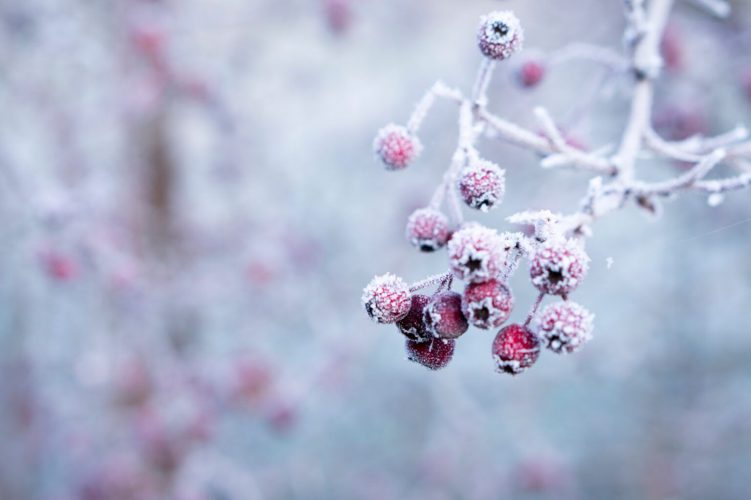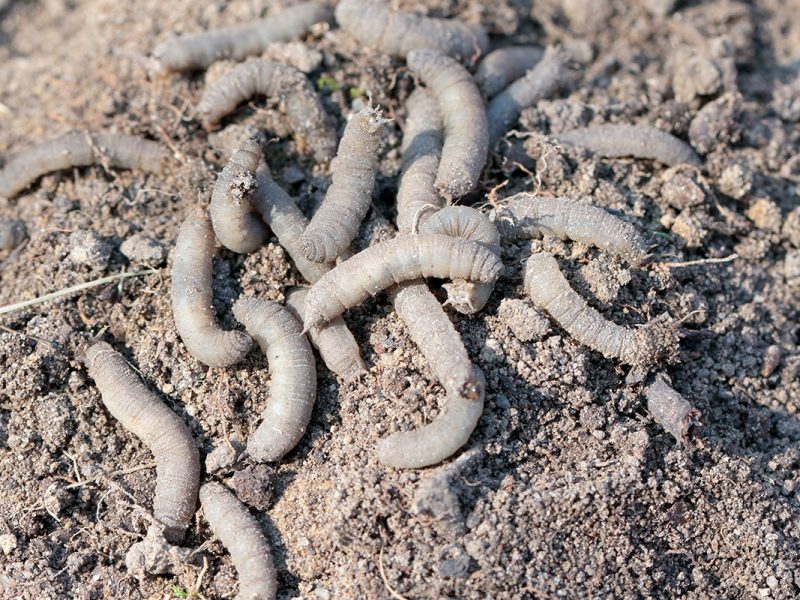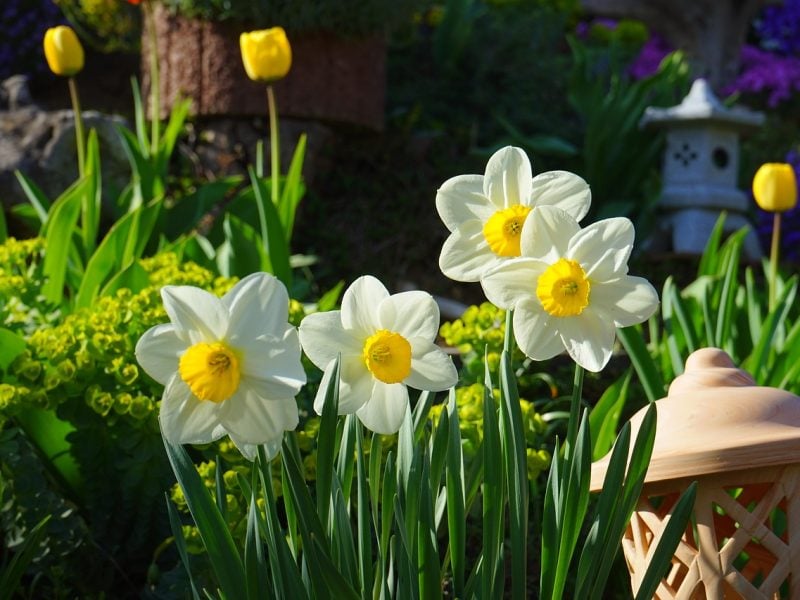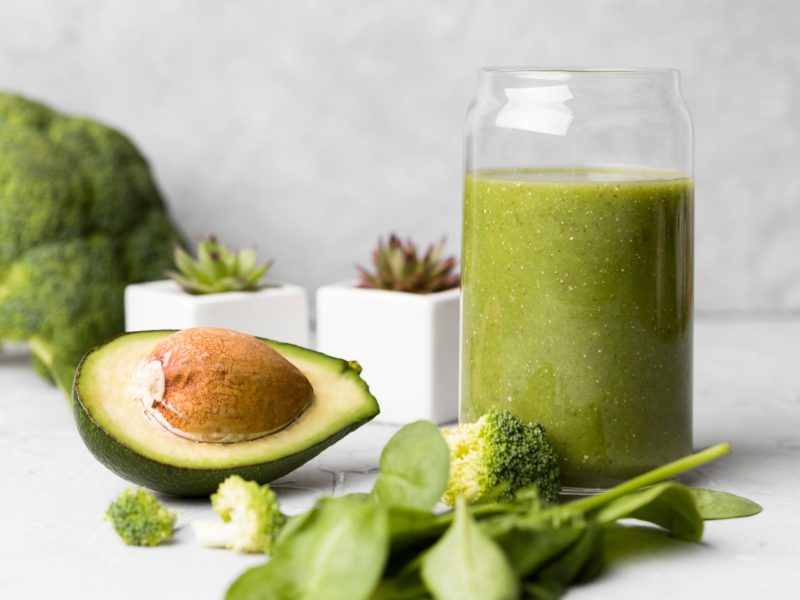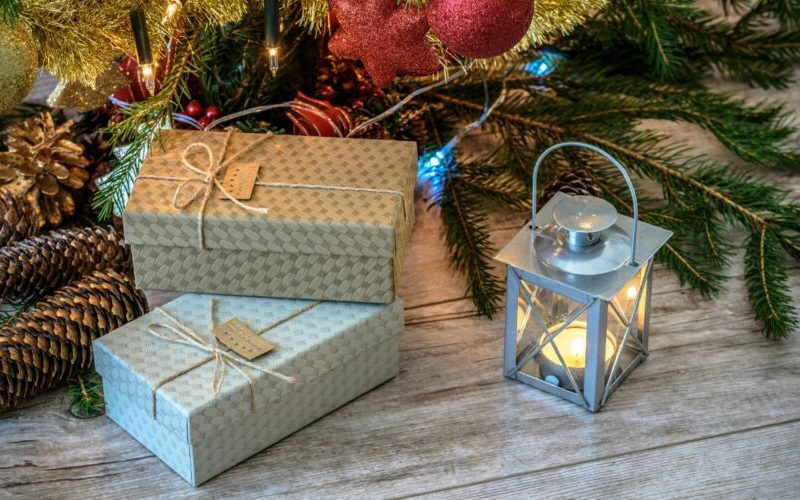As we move into the winter months, we all tend to start hibernating a bit in our own way. Eschewing after-work social commitments or sessions at the gym, we prefer to cosy up at home where it’s warm. But while we may think we suffer from the seasonal chill, it’s nothing compared to the challenges that face Britain’s wildlife.
Many people assume that over winter, the mammals, birds, and insects we get used to seeing in the summer simply disappear. In fact, many of them are still here, they’re just hiding, or resting.
Here are five really easy ways you can make your garden more friendly to wildlife during the colder months.
Build bird and bat boxes
From the UK’s national bird, the robin, to bramblings and various types of finch, there are many winter native birds that would appreciate a cosy place to rest. So, building or buying a birdbox is one of the simplest ways you can make your garden a haven for wildlife.
If you already have a bird box, or you want to help a more endangered animal, you could consider fitting bat boxes too. Many of the natural roosting places for these small, winged mammals have been damaged or destroyed in recent decades, so it is critically important that UK residents build bat boxes in their gardens to give bats a place to hibernate through the winter.
One of the beautiful things about putting up bat and bird boxes is the fact that these animals are natural predators of many garden pests. One tiny pipistrelle can eat up to 3000 mosquitos and midges in a night, and larger bats can also feed on crane flies – so they help protect your lawn from leatherjackets.
Plant hedges
If you’re looking to gain privacy but with a little more visual appeal than a wooden fence provides in your back garden, you might already be considering planting hedges along boundary lines. There are ecological benefits for doing so too, with hedges providing cosy resting places for hedgehogs, while evergreen hedge-types like Handsworth New Silver produce winter berries for birds to feed on.
Look after your water features
In times of extreme cold, simple water features and birdbaths can provide much-needed water to various types of animals, so be sure to keep them clean and topped up. You can easily prevent water features from freezing by placing a small ball, or other floating object, in the water – the idea being that a breeze will blow the object around and stop ice from forming.
Butterfly care
While wasps, mosquitos and other creepy crawlies might not have much of a human fanbase, everyone enjoys seeing colourful butterflies flitter around the garden in the summer. Many people think that developed butterflies die off in the autumn and only their pupal stages survive through the winter, but this is not strictly true.
Some types of butterflies – including the well-known tortoiseshell – and peacock species enter a dormant state and ‘hibernate’ through the winter as adults. They commonly hide away in sheds, porches, and garages, so be careful not to disturb these insects over the winter in these spaces.
As Butterfly Conservation says you may find butterflies that have been hibernating inside your house are brought prematurely out of their dormancy when you put on the central heating. If this happens, try to carefully capture them in a shoebox or similar, before releasing them into a shed or garage where they will be able to return to their rest.
Feed the birds… and everything else
Food is scarce for most creatures over the winter period so infrequently providing them with sustenance can prove life-saving.
For birds, focus on providing them with seeds, mealworms and dried fruits, avoiding the use of cheap feed mixes, commonly included for free with bird feeders – these are typically chiefly composed of barley and wheat, which offers no nutritional value to any bird apart from pheasants and pigeons.
You may also want to put out fruit and dried dog food for badgers, and tinned dog or cat food (don’t use any variety that contains fish) for hedgehogs: an advantage of doing this is that it may stop these creatures digging up your lawn looking for worms.
Don’t put out food every day for mammals as it can make them reliant on you as their primary food source. Instead leave out a bowl once or twice a week.
Looking for more garden tips?
Our blog archive is full to the brim with tips on more than just lawn care, click here to take a look.

